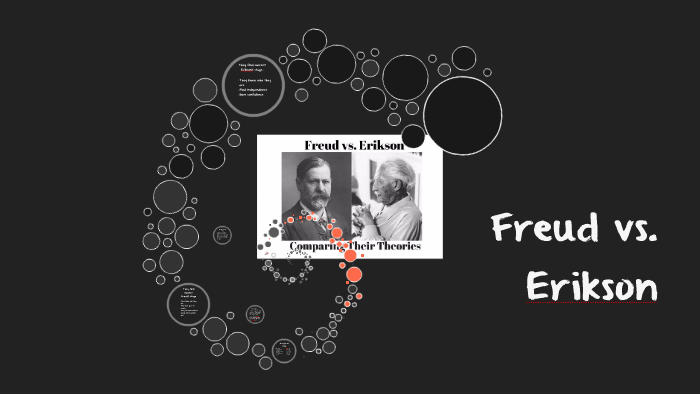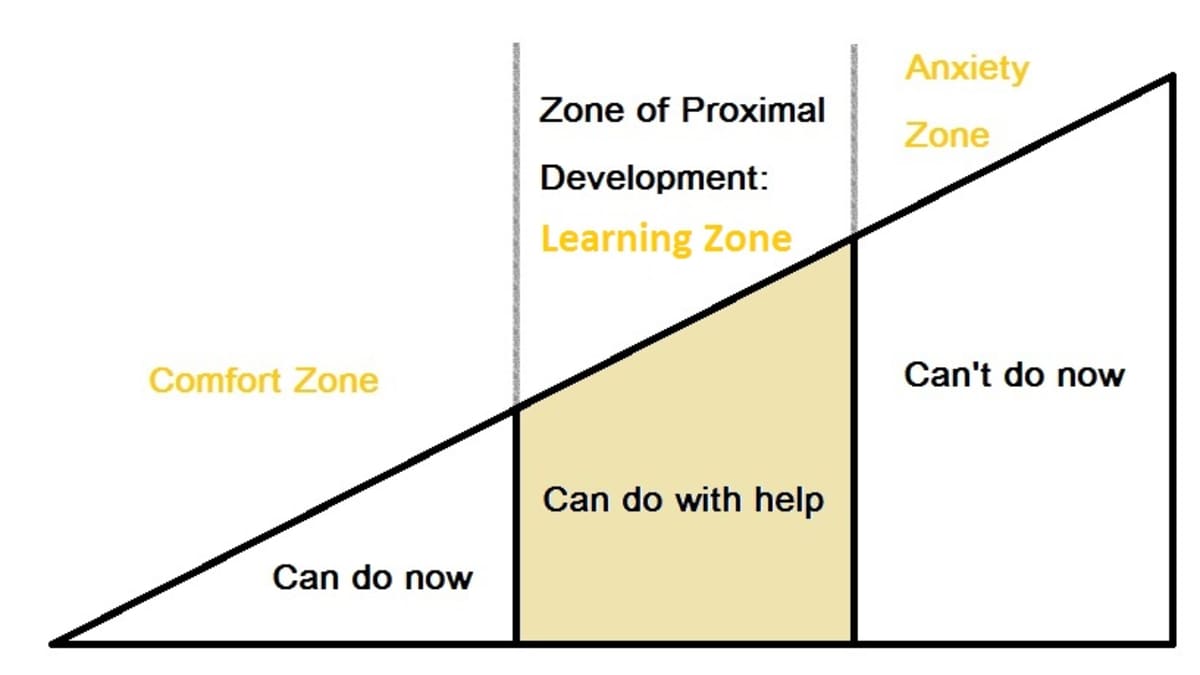Sigmund Freud and Erik Erikson are two of the most well-known and influential figures in the field of psychology. While both men made significant contributions to the field, they had very different approaches to understanding the human psyche and addressing psychological issues. In this essay, we will explore the key differences between Freud and Erikson and discuss the impact of their work on the field of psychology.
Freud, who is often considered the father of psychoanalysis, developed a theory of personality that was based on the idea that human behavior is driven by unconscious desires and conflicts. According to Freud, these unconscious conflicts are largely shaped by our early experiences, particularly those that occur during childhood. He believed that the human psyche is composed of three parts: the id, the ego, and the superego. The id represents our primitive, instinctual drives, such as the desire for pleasure and the avoidance of pain. The ego is the part of the psyche that mediates between the demands of the id and the demands of reality, and the superego is the moral component of the psyche that helps us to distinguish right from wrong.
Freud's approach to psychology was highly influential and had a major impact on the field. However, his theories have also been the subject of much criticism and debate. Some have argued that his theories are overly deterministic and do not adequately account for the role of free will in human behavior. Others have criticized his emphasis on sexual and aggressive drives as being overly simplistic and reductionist.
Erikson, on the other hand, took a different approach to understanding the human psyche. Rather than focusing on unconscious desires and conflicts, he focused on the impact of social and cultural influences on personality development. Erikson developed a theory of psychosocial development that outlined eight stages of human development, each of which is marked by a particular challenge or crisis that must be resolved in order to move on to the next stage.
According to Erikson, the first stage of psychosocial development occurs during infancy and is marked by the challenge of trust versus mistrust. The second stage, occurring during early childhood, is marked by the challenge of autonomy versus shame and doubt. The third stage, occurring during play age, is marked by the challenge of initiative versus guilt. The fourth stage, occurring during school age, is marked by the challenge of industry versus inferiority. The fifth stage, occurring during adolescence, is marked by the challenge of identity versus role confusion. The sixth stage, occurring during young adulthood, is marked by the challenge of intimacy versus isolation. The seventh stage, occurring during middle adulthood, is marked by the challenge of generativity versus stagnation. Finally, the eighth stage, occurring during late adulthood, is marked by the challenge of integrity versus despair.
Erikson's approach to psychology has had a major influence on the field and is still widely taught and studied today. One of the key strengths of his theory is that it takes into account the role of social and cultural influences on personality development, which is an important factor that is often overlooked in other theories. Additionally, Erikson's focus on the role of crisis and challenge in personality development highlights the importance of resilience and adaptability in human development.
In conclusion, while Freud and Erikson both made significant contributions to the field of psychology, they had very different approaches to understanding the human psyche. Freud's theory of the psyche is based on the idea of unconscious desires and conflicts, while Erikson's theory emphasizes the impact of social and cultural influences on personality development. Both theories have had a major impact on the field and continue to be influential today.
Sigmund Freud and Erik Erikson are both well-known figures in the field of psychology, and both have made significant contributions to our understanding of human development. However, their theories of human development differ in some key ways.
Freud's theory of human development, known as psychoanalytic theory, emphasizes the role of the unconscious mind and the influence of early childhood experiences on adult personality. According to Freud, human development occurs in a series of stages, beginning with the oral stage, in which a child's primary source of pleasure is derived from sucking and biting, and progressing through the anal stage, the phallic stage, the latent period, and finally the genital stage.
Freud believed that conflicts and tensions that arise during these stages can have a lasting impact on an individual's personality, leading to the development of neuroses and other psychological disorders. He also believed that these conflicts could be resolved through the process of psychoanalysis, in which an individual works with a therapist to uncover and resolve unconscious conflicts.
Erikson's theory of human development, known as psychosocial theory, also emphasizes the role of early childhood experiences, but places a greater emphasis on the social and cultural contexts in which development occurs. According to Erikson, human development occurs in a series of stages, each of which is marked by a specific task or challenge that the individual must resolve in order to move on to the next stage.
Erikson believed that the successful resolution of these tasks is essential for the development of a healthy personality, and that failure to resolve these tasks can lead to psychological problems. Erikson's theory also emphasizes the importance of social relationships and the role of culture in shaping an individual's sense of identity.
In conclusion, while both Freud and Erikson made important contributions to our understanding of human development, their theories differ in their emphasis on the unconscious mind and the role of social and cultural contexts in shaping personality. Both theories have influenced the field of psychology and continue to be important in the study of human development.









